They’re the movers-and-shakers at NASA and leaders in healthcare, space tech, engineering and gastronomy the world over. Global Indians are preceded by their reputation for excellence in scientific thought and research and have continued to prove themselves as modern Indian scientists year after year, bagging the biggest honours the world has to offer them. We take a look at the gamechangers in science and technology in 2022.
Dr. Ravi Margasahayam, Global Space Ambassador, NASA
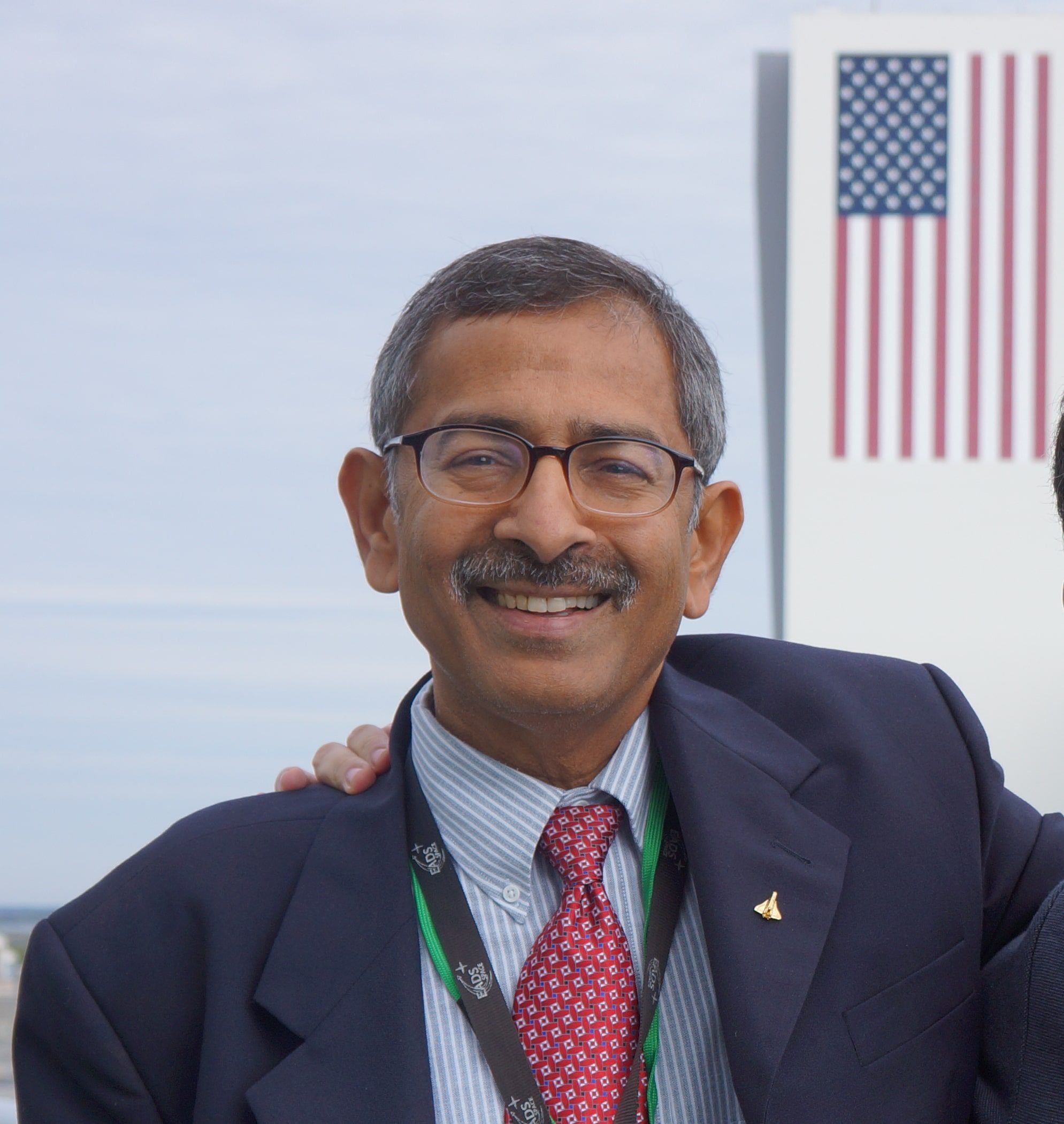
Dr. Ravi Margasahayam (photo credit: Dr. Margasahayam)
He started his journey as a young engineering graduate from Bengaluru, and is currently the Global Space Ambassador for John F. Kennedy Space Center, NASA. In a glorious career spanning over three decades, Dr Ravi Margasahayam has played an instrumental role in launching over a hundred Space Shuttle missions, which took more than 700 astronauts to space, including Indian-born astronaut, Kalpana Chawla. He is the only person of Indian origin to work, manage, and conduct research on both launch pads – Complex 39A and 39B – the same from where NASA sent humans to land on the Moon. “I once met former President of India, Dr. APJ Abdul Kalam and had the privilege of showing him around the John F. Kennedy Space Center. He told me that he envied me, saying, ‘You did the one thing I couldn’t ever do – launch humans into space. You are an Astronaut Maker’,” shared the 69-year-old scientist.
In 2016, Dr. Margasahayam officially retired as the Co-Chair of the Ground Review Safety Panel (GSRP), which reviews safety for all payloads going to the International Space Station (ISS), from anywhere in the world. In 2019, he was nominated by NASA Astronauts and held the position of Solar System Ambassador for the Jet Propulsion Laboratory, in Pasadena, California. An eloquent public speaker, the NASA veteran has encouraged several young people to explore the secrets of the Universe.
“For me what matters is to inspire the next generation to ride on our shoulders and do better than us. We have opened a path to human spaceflight – live and work in space. What did not happen in 60,000 years, we have been able to do in the last 60 years. Humankind is much benefitted by space exploration, and we have a long way to go from here,” he said.
Dr. Kaushik Rajashekara, Global Energy Award winner
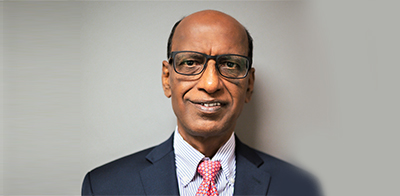
Dr Kaushik Rajashekara
This scholar is working on making science-fiction show The Jetsons a reality. Dr Kaushik Rajashekara, one of the world’s leading experts in the field of transport technologies, is working on several futuristic projects that hold the potential to change the world and the way we travel. The recipient of the Global Energy Prize 2022 – the highest award in the field of energy – Dr. Rajashekara was one of the first engineers to work on conceptualising and also building an electronic vehicle, far before the technology became widely known.
“When I received the e-mail about my selection, I could not believe it for a moment. This award shows the importance of energy efficiency improvement and reducing emissions. I am proud of the contributions I have made to technologies that would improve the environment. Also, I have travelled to about 60 countries giving seminars on various topics at universities and conferences. It is humbling to recognise how many people contributed to my success, expecting nothing in return. ‘It takes a village’ is very true in my case, and I am fortunate that my village included some of the most encouraging and inspiring engineers in the field,” he shared.
Currently a Distinguished Professor of Engineering at the University of Houston, Dr Rajashekara wishes to pass on all the knowledge he has gained in the last three decades to new-age engineers to ensure that the evolution of science and technology never stops. “After 35 years of working in the world’s well-known Corporations, including ABB, GM, and Roll-Royce, I am very happy to be in the academic field. I am making use of every opportunity to educate and train the next generation of engineers. In a way, I worked all my life to be a professor and train others even when I was in the working industry,” the scholar said.
Professor Suresh Kumar Bhargava, scholar
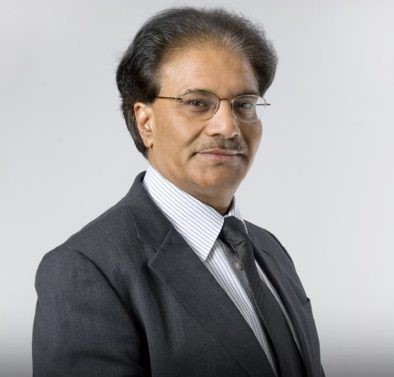
Professor Suresh Kumar Bhargava | Modern Indian Scientists
Oblivious to his nomination, Professor Suresh Bhargava was sitting in his office when he received a letter informing him that he was being conferred with the Queen’s Birthday 2022 honour – Member of the Order of Australia (AM). Though his initial reaction was that of surprise, the academician also felt extremely excited to be honoured by the Queen. “I have received numerous awards for my scientific research. However, this one was for my contribution to the betterment of my community,” shared Professor Bhargava, adding, “It is incredible when people recognise your contributions that created a positive difference. I was thrilled that my adopted country valued my three decades of hard work.”
The scholar, who started his journey from Meerut in Uttar Pradesh, has worked as a professor at esteemed Universities in six countries, and won several academician awards, including the most prestigious award in engineering, the ‘CHEMECA medal’. A living bridge between India and Australia, Professor Bhargava holds 12 patents, including one for gold-based metallodrug for cancer treatment. Living by the principle that his research should contribute to enhancing the environment, the professor also developed a nanotechnology mercury sensor to monitor the toxic smoke emission from refineries for industrial use.
Priyanka Srivastava, NASA space engineer
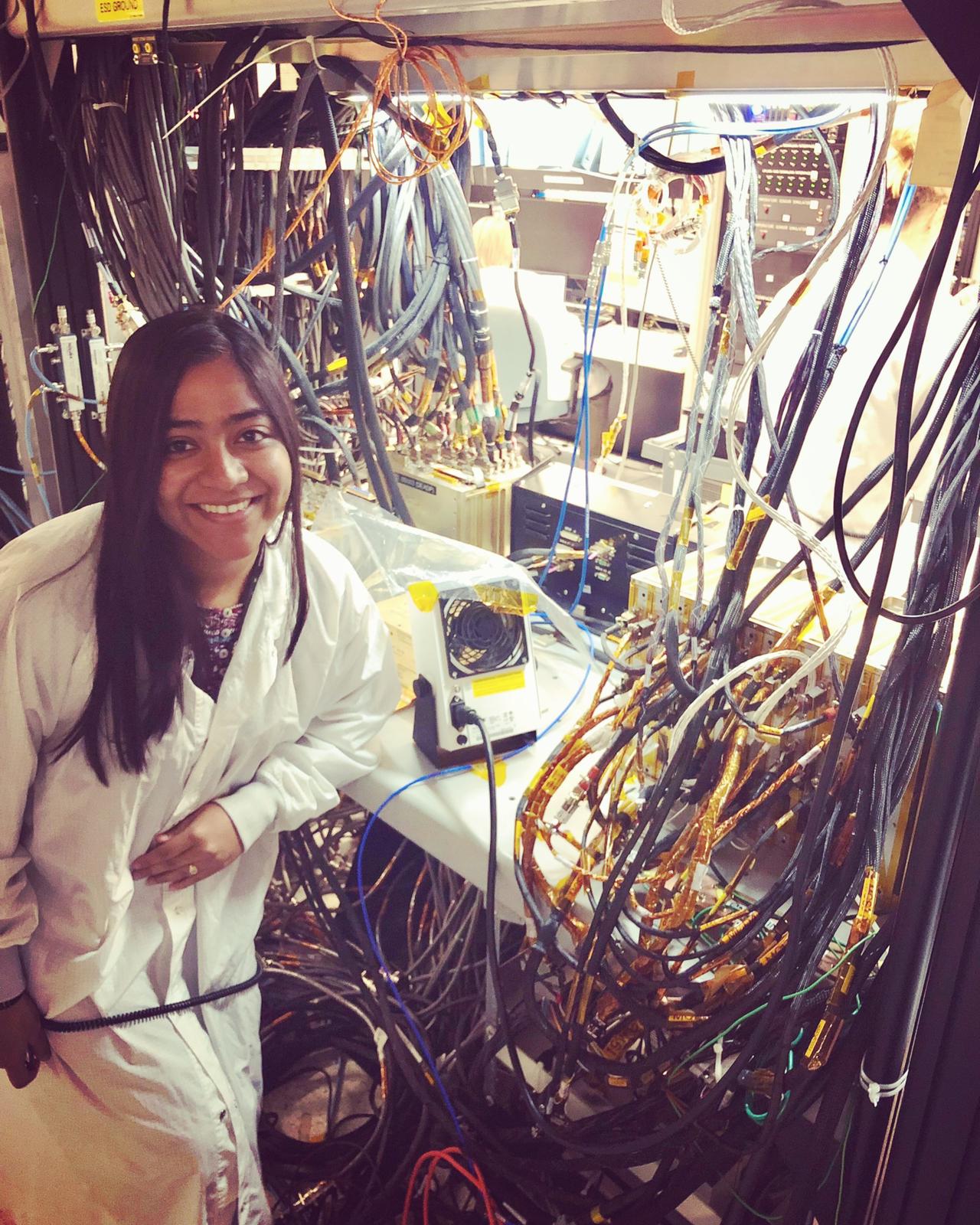
NASA Engineer Priyanka Srivastava with Mars 2020 testbed
She was just a little girl when she came across a news about Kalpana Chawla, which motivated her to join the space industry. Today, that young girl – Priyanka Srivastava – is working as a Space Systems Engineer at NASA Jet Propulsion Laboratory (JPL). The Indian-American engineer was a part of the team that designed the famed Perseverance Rover – a car-sized Mars rover to explore the Jezero crater on the red planet. “No one in my family is an engineer. Ever since I was a child, I was fascinated with space. I would often wonder if there was another solar system like ours that existed somewhere else. Even back in my school, I was always sure that one day I will join the space industry,” said Priyanka.
In her six-year-long stint with NASA, Priyanka has worked on four flight missions. The engineer is currently working on a mission to an asteroid called Psyche, and is very excited about the project. “This asteroid is supposed to be a core of a previous planet. NASA is sending a spacecraft there so we can learn what this asteroid is made up of. Eventually that will help us understand Earth’s core better,” shares the NASA engineer. Priyanka is also working on a mission to Europa, the smallest of the four Galilean moons orbiting Jupiter. The mission will be launched by NASA in 2024.
Dr Keshav Singh, scientist
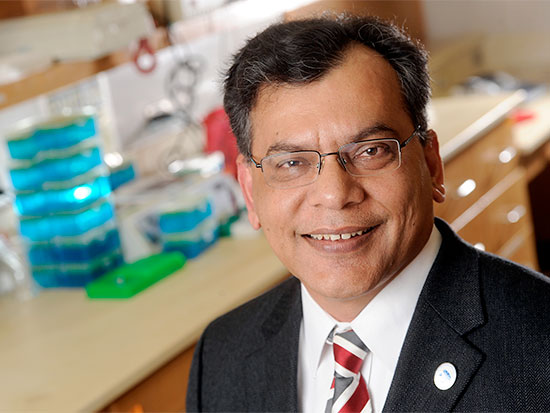
Dr Keshav Singh | Modern Indian Scientists
In 2018, Dr. Keshav Singh, a professor of genetics at the University of Alabama in Birmingham, was experimenting with mitochondria in mice. The team introduced a mutation to induce dysfunction and, over the next few weeks, observed that the mice developed wrinkles and lost hair – their bodies were ageing. It was an exciting development – if the loss of mitochondrial function led to ageing in mice, could the opposite delay or even prevent it? So Dr. Singh restored the mitochondrial function in the now-wrinkled mice and sure enough, their skin cleared, and the hair grew back. It became the foundation for a startup – Yuva Biosciences.
Currently the Joy and Bill Harbert Endowed Chair and Professor of Genetics, Pathology, and Dermatology at the University of Alabama, Dr. Keshav Singh, the author of three books and over 100 research publications, is on Stanford University’s list of the top two percent of scientists in the world and one of Newsweek’s Innovation Heroes. For over two decades, Dr. Singh, one of Global Indian’s gamechangers in science, has been at the forefront of mitochondrial research, working tirelessly to make a change. He even uses his talent for painting to create artistic renditions of mitochondria on canvas.
In October 2022, Dr. Singh and his team also received a grant from NASA, after a study showed that 57 astronauts suffered from mitochondrial anomalies after their stints at the International Space Station. The organisation has awarded Dr. Keshav a grant to do the animal studies – “We will take our mice and work at the NASA facility in Brookhaven, in a laboratory-created space environment,” he told Global Indian.
Dr Risha Jasmine Nathan
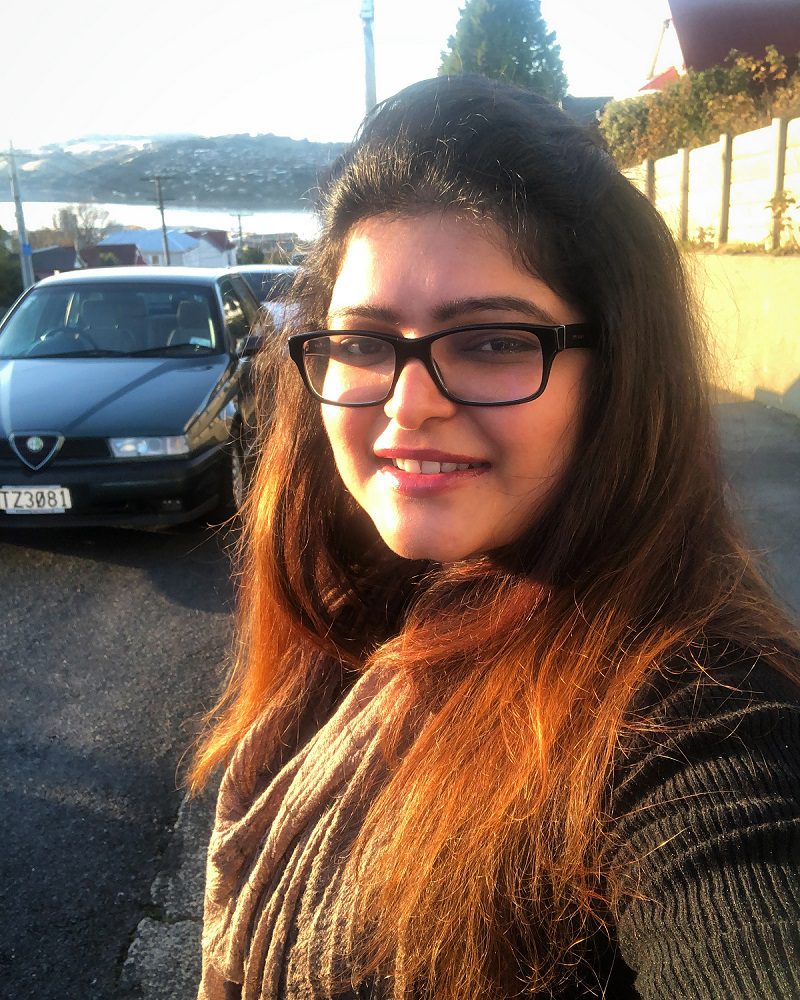
Risha Jasmine Nathan | Modern Indian Scientists
In June 2022, Risha Jasmine Nathan was named one of the world’s leading gastronomy gamechangers. She’s one of only four Indians on the 50 Next ‘Class of 2022’ list, which was unveiled at the first live awards ceremony in Bilbao, Spain. As we speak, Risha (pronounced with an ‘ai’, she emphasises), who recently resigned from her job as an assistant professor at Galgotias University in Noida, is preparing for her move to the UK, where she will begin work as a lecturer in forensic chemistry at Anglia Ruskin University, Cambridge.
The research that landed Risha on the global gamechangers list took shape when she was a PhD student in New Zealand. The idea came about as she completed her master’s thesis – “I had found a group of researchers using banana peels to remove lead ions from water,” Risha tells Global Indian. Qualified in analytical chemistry and toxicology, she decided to take the idea further through biosorption, pitching the idea at the University of Otago. Many a late night at the lab followed, as Risha experimented with orange, banana, cucumber, apple, kiwi fruit and potato peels to remove heavy metals from drinking water. It’s an experiment with countless applications, especially within the food and hospitality industries, where the bulk of the wet waste is generated.




